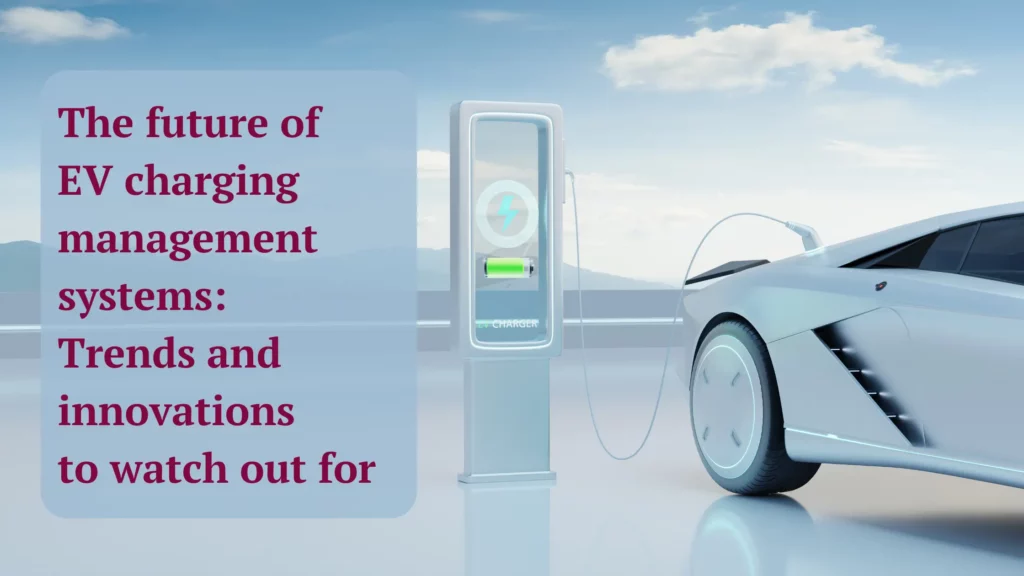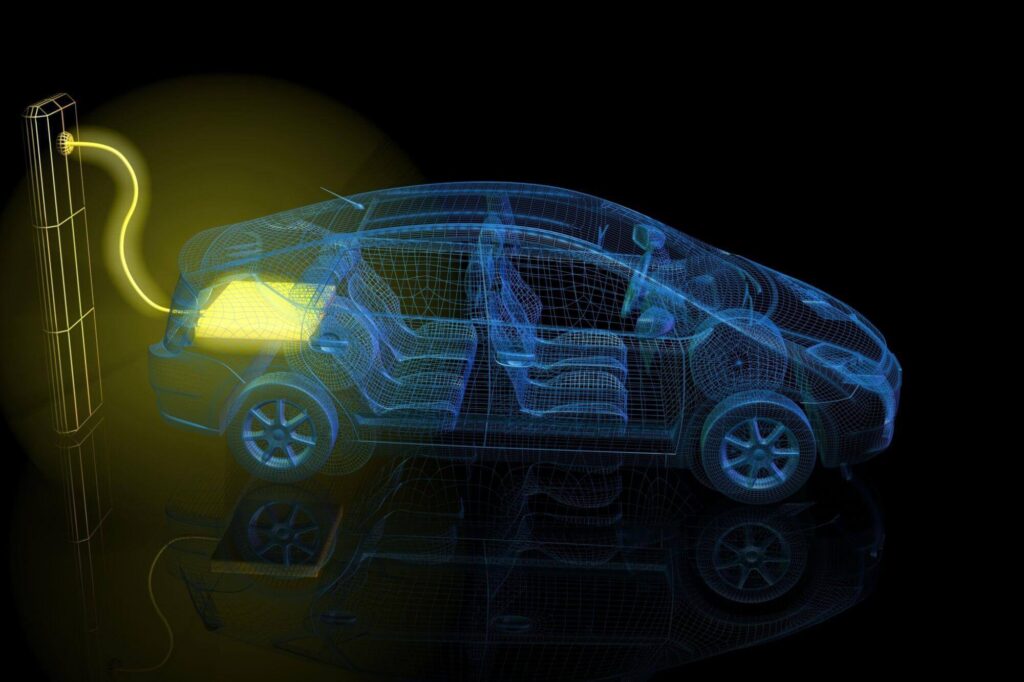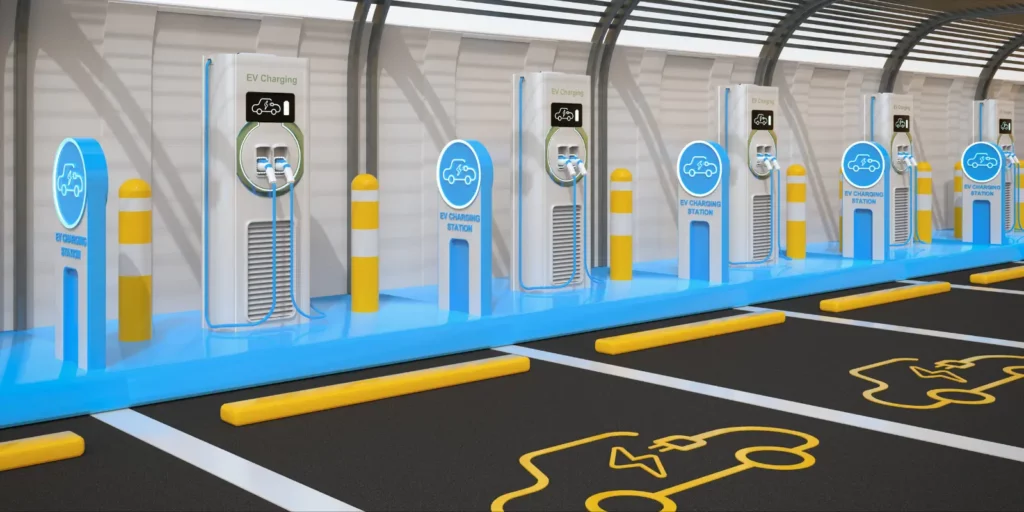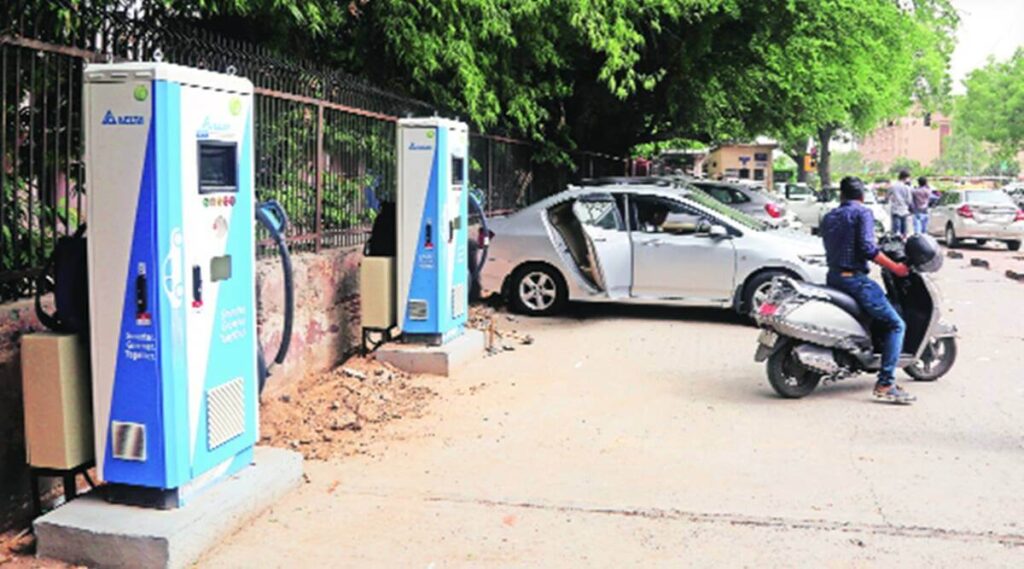
Electric vehicles (EVs) have been around for a while, but they have recently gained immense popularity due to the need for cleaner and greener energy sources. As more people switch to EVs, there has been a corresponding increase in demand for efficient and reliable EV charging management systems. In this article, we will take a closer look at the future of EV charging management systems and the trends and innovations that we can expect to see in the coming years.
EV Charging Management Systems

EV charging management systems are essential components that monitor, control, and optimize the charging of electric vehicles. These systems ensure the smooth functioning of charging infrastructure by providing real-time data on charging station usage, energy consumption, and billing information.
EV charging management systems are expected to become more advanced and sophisticated in the coming years, enabling EVs to charge more efficiently and effectively.
TRENDS & INNOVATIONS
The Future of EV Charging Management Systems

1. Increased Connectivity
One of the significant trends in the future of EV charging management systems is increased connectivity. With the advent of the Internet of Things (IoT), charging stations will be equipped with sensors and communication technology that can transmit data to a central system. This will enable operators to monitor charging station usage, track energy consumption, and manage billing in real-time. Increased connectivity will make it easier to track energy consumption and provide better billing and payment options for EV charging.
2. Wireless Charging
Wireless charging is another trend that we can expect to see in the future of EV charging management systems. Wireless charging systems use magnetic resonance technology to transmit power to the EV without the need for physical contact. This technology is still in its early stages, but it has the potential to revolutionize the way we charge EVs. Wireless charging would make charging more convenient for EV owners and eliminate the need for charging cables.
3. Smart Charging
Smart charging is another trend that is expected to gain traction in the coming years. Smart charging systems use artificial intelligence (AI) and machine learning algorithms to optimize charging times, reduce energy consumption, and manage the grid’s load. These systems can also be integrated with renewable energy sources such as solar power to provide sustainable and efficient charging solutions. Smart charging systems will help to reduce the load on the grid by using energy during off-peak hours when it is more abundant.
4. Battery Swapping
Battery swapping is another innovation that is gaining traction in the EV industry. This technology enables EV owners to swap their depleted batteries with fully charged ones at designated charging stations. This technology offers a faster and more convenient way of charging EVs, making it an attractive option for commercial fleets and other high-usage vehicles. Battery swapping would reduce the time it takes to charge an EV and eliminate the need for EV owners to wait for their batteries to charge.
5. Bi-Directional Charging
Bi-directional EV charging is another innovation that has the potential to change the way we think about charging EVs. This technology enables EVs to not only charge their batteries but also discharge them to the grid during peak demand periods. This not only helps to balance the load on the grid but also enables EV owners to earn money by selling their excess energy back to the grid. Bi-directional charging would enable EV owners to use their vehicles as a source of income by selling excess energy back to the grid.
Everything you need to know about EV Charging Management Software
Read More
Conclusion
In conclusion, the future of EV charging management systems is bright, with a range of innovative technologies and trends that will revolutionize the way we charge electric vehicles. Increased connectivity, wireless charging, smart charging, battery swapping, and bi-directional charging are just a few of the developments that are set to transform the EV charging landscape in the coming years.
As more people switch to EVs, the industry must continue to embrace these trends and innovations to provide efficient, reliable, and sustainable charging solutions for all. The future of EVs is electric, and the future of EV charging management systems is set to be both exciting and transformative.



